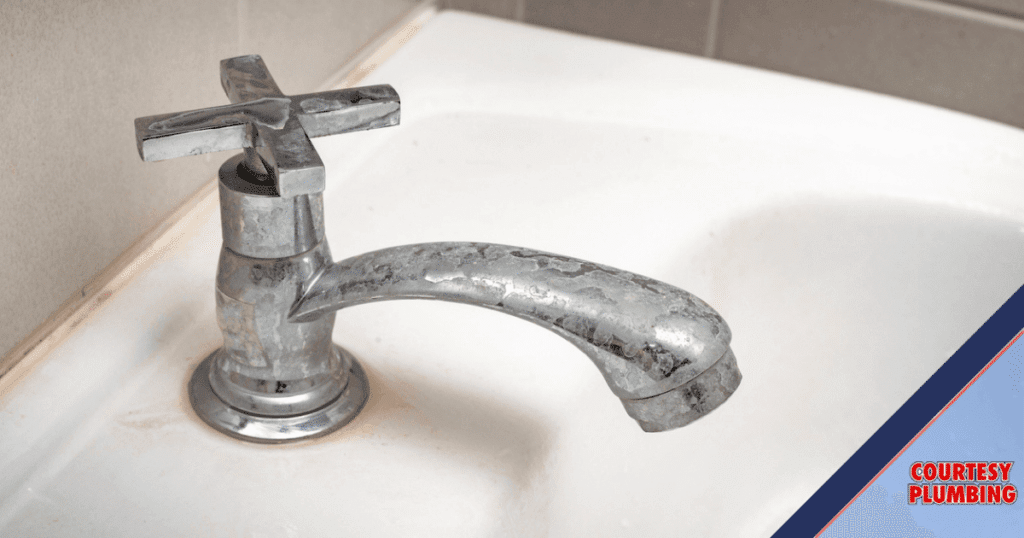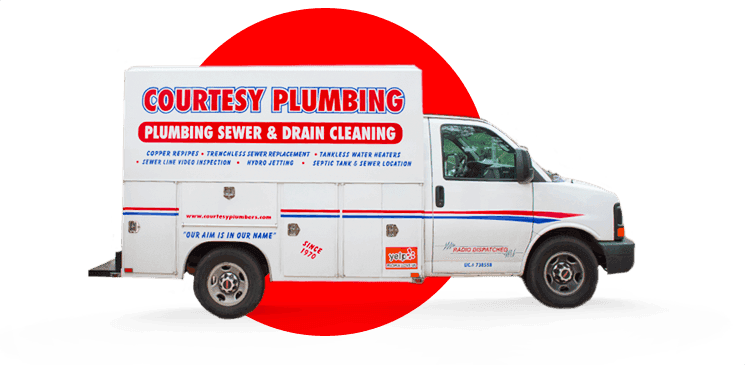You know that scaly buildup on your showerhead? The stuff that turns soothing jets of water into piercing pinpricks? That’s a result of hard water. And it affects more than your showerhead. All of your plumbing fixtures and water-using appliances could be suffering from overly calcified water.
Let’s take a look at what hard water is and the damage it’s dishing out on your home.
What Is Hard Water?
Hard water is any kind of water that has high mineral content, such as calcium, magnesium, and other trace minerals. Hard water naturally occurs because minerals accumulate during the water cycle. Because of this, homes can have hard water whether they are using a well or city water.
What Is Considered Hard Water?
For water to be considered “hard,” it has to register above 3.5 grains per gallon. Chances are good that your home has hard water. According to the U.S. Geological Survey, only 15 percent of homes have soft water.
Does Hard Water Ruin Appliances?
Yes, hard water reduces efficiency. Calcification in plumbing lines restricts water flow, which means your dishwasher and washing machine will have to work harder to do their jobs, taking a toll on the lifespan of these appliances. According to the Water Quality Association, a washing machine may only last 7 years with hard water. With soft water, it could last 11 years or longer. This is why many appliance manuals recommend soft water for optimal performance.
Your water heater is especially susceptible to hard-water damage. The mineral buildup on the burners can interfere with the heating process.
Does Soap Work in Hard Water?
Hard water diminishes the effectiveness of soap. The WQA found that washing machines with soft water use approximately 50 percent less detergent. Likewise, you could save as much as 70 percent on dishwasher detergent, which means no more hard water spots on your dishware.
Does Hard Water Cause Dry Skin?
Yes! Hard water is rough on your skin – it can leave you feeling dry and itchy after a shower. Plus, it can damage your hair, making it dry and brittle.
Can Hard Water Ruin Your Pipes?
Yes, hard water can damage your piping. The mineral deposits, which make up hard water, can lead to clogs within the pipes. Over time the deposits can build up, causing corrosion within the pipes which can result in a leak.
How to Tell if You Have Hard Water
- You have water spots on your dishes, glassware, or silverware
- Your home has low water pressure
- You find calcium deposits or residue around faucets
- You notice an odd taste to your water
Don’t ignore hard water. Left untreated, its effects can devastate your plumbing system and appliances. That’s why we recommend a water treatment system. For more information, contact Courtesy Plumbing at (626) 774-7167.



